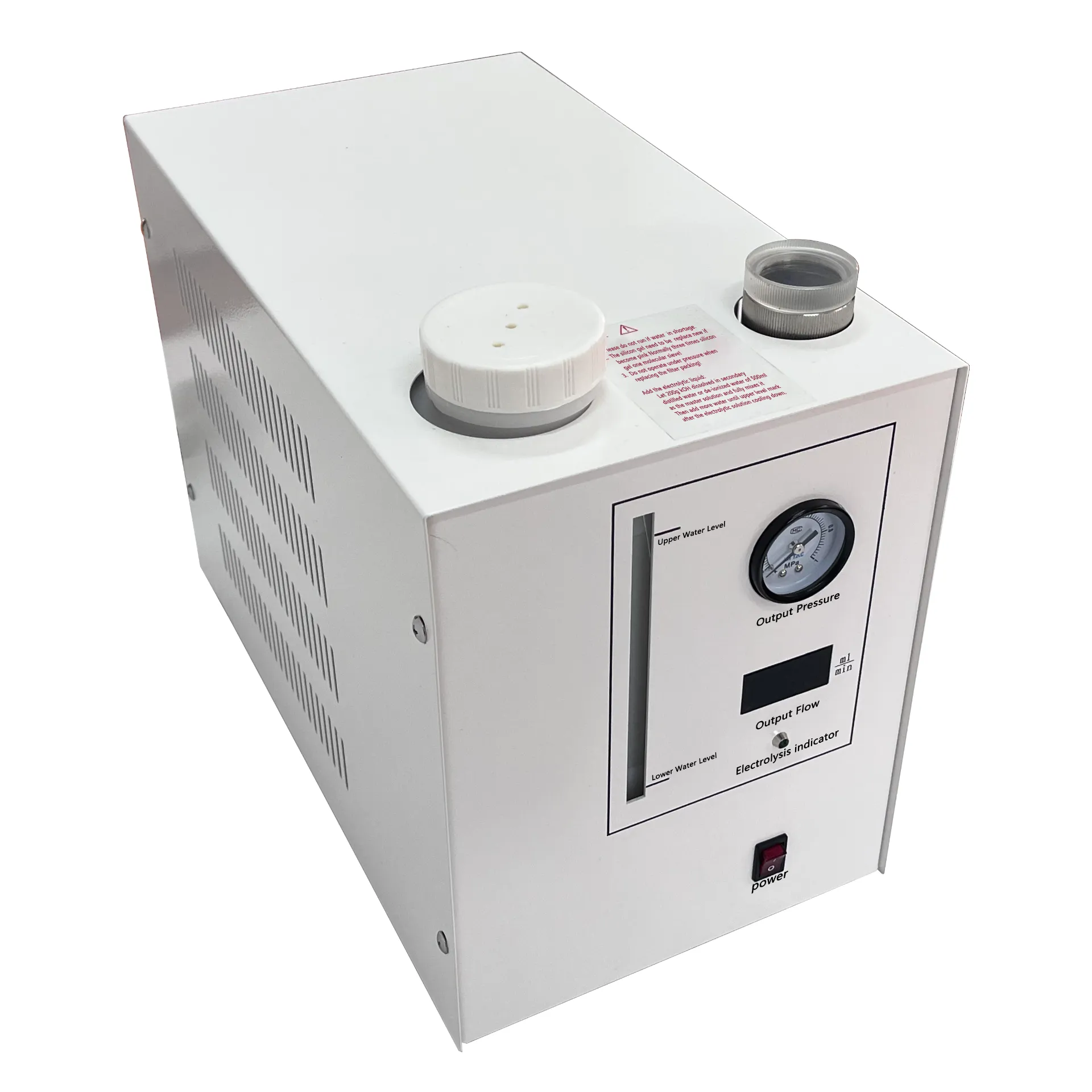 English
English



-
 Afrikaans
Afrikaans -
 Albanian
Albanian -
 Amharic
Amharic -
 Arabic
Arabic -
 Armenian
Armenian -
 Azerbaijani
Azerbaijani -
 Basque
Basque -
 Belarusian
Belarusian -
 Bengali
Bengali -
 Bosnian
Bosnian -
 Bulgarian
Bulgarian -
 Catalan
Catalan -
 Cebuano
Cebuano -
 China
China -
 China (Taiwan)
China (Taiwan) -
 Corsican
Corsican -
 Croatian
Croatian -
 Czech
Czech -
 Danish
Danish -
 Dutch
Dutch -
 English
English -
 Esperanto
Esperanto -
 Estonian
Estonian -
 Finnish
Finnish -
 French
French -
 Frisian
Frisian -
 Galician
Galician -
 Georgian
Georgian -
 German
German -
 Greek
Greek -
 Gujarati
Gujarati -
 Haitian Creole
Haitian Creole -
 hausa
hausa -
 hawaiian
hawaiian -
 Hebrew
Hebrew -
 Hindi
Hindi -
 Miao
Miao -
 Hungarian
Hungarian -
 Icelandic
Icelandic -
 igbo
igbo -
 Indonesian
Indonesian -
 irish
irish -
 Italian
Italian -
 Japanese
Japanese -
 Javanese
Javanese -
 Kannada
Kannada -
 kazakh
kazakh -
 Khmer
Khmer -
 Rwandese
Rwandese -
 Korean
Korean -
 Kurdish
Kurdish -
 Kyrgyz
Kyrgyz -
 Lao
Lao -
 Latin
Latin -
 Latvian
Latvian -
 Lithuanian
Lithuanian -
 Luxembourgish
Luxembourgish -
 Macedonian
Macedonian -
 Malgashi
Malgashi -
 Malay
Malay -
 Malayalam
Malayalam -
 Maltese
Maltese -
 Maori
Maori -
 Marathi
Marathi -
 Mongolian
Mongolian -
 Myanmar
Myanmar -
 Nepali
Nepali -
 Norwegian
Norwegian -
 Norwegian
Norwegian -
 Occitan
Occitan -
 Pashto
Pashto -
 Persian
Persian -
 Polish
Polish -
 Portuguese
Portuguese -
 Punjabi
Punjabi -
 Romanian
Romanian -
 Russian
Russian -
 Samoan
Samoan -
 Scottish Gaelic
Scottish Gaelic -
 Serbian
Serbian -
 Sesotho
Sesotho -
 Shona
Shona -
 Sindhi
Sindhi -
 Sinhala
Sinhala -
 Slovak
Slovak -
 Slovenian
Slovenian -
 Somali
Somali -
 Spanish
Spanish -
 Sundanese
Sundanese -
 Swahili
Swahili -
 Swedish
Swedish -
 Tagalog
Tagalog -
 Tajik
Tajik -
 Tamil
Tamil -
 Tatar
Tatar -
 Telugu
Telugu -
 Thai
Thai -
 Turkish
Turkish -
 Turkmen
Turkmen -
 Ukrainian
Ukrainian -
 Urdu
Urdu -
 Uighur
Uighur -
 Uzbek
Uzbek -
 Vietnamese
Vietnamese -
 Welsh
Welsh -
 Bantu
Bantu -
 Yiddish
Yiddish -
 Yoruba
Yoruba -
 Zulu
Zulu
Understanding the Principles and Applications of Solid Phase Chromatography Techniques
An Overview of Solid Phase Chromatography
Solid phase chromatography (SPC) is a powerful analytical technique used for the separation of chemical mixtures. This method is distinguished from other chromatographic techniques by its use of a solid stationary phase and a liquid or gas mobile phase. SPC is prominently utilized in various fields such as pharmaceuticals, environmental testing, food analysis, and biochemical research due to its advantages in selectivity, efficiency, and versatility.
At its core, solid phase chromatography operates on the principle of differential partitioning of analytes between the stationary solid phase and the mobile phase. The components of a mixture travel through the stationary phase at different rates, leading to the separation of compounds. This differential movement arises from various interactions, including adsorption, partitioning, or ion-exchange, depending on the nature of the solid phase and the mobile phase.
An Overview of Solid Phase Chromatography
The mobile phase in solid phase chromatography can either be a liquid solvent or gas. In liquid-solid chromatography, the mobile phase flows through the packed stationary phase, dissolving and carrying away substances with varying affinities for the stationary phase. In gas-solid chromatography, the gas, often inert, interacts with the solid adsorbent, allowing for the separation of volatile compounds. Each type of mobile phase has its unique advantages and is chosen based on the nature of the analytes being studied.
solid chromatography

Solid phase chromatography includes various sub-techniques, with the most notable being normal-phase and reverse-phase chromatography. Normal-phase chromatography utilizes a polar stationary phase and a non-polar mobile phase, making it ideal for separating non-polar compounds. Conversely, reverse-phase chromatography employs a non-polar stationary phase and a polar mobile phase, which is common in the purification of biomolecules and complex organic compounds. The choice between these two techniques depends on the characteristics of the analytes and the desired outcomes of the separation.
The applications of solid phase chromatography are vast. In the pharmaceutical industry, SPC is utilized for drug formulation and testing, purity analysis, and active ingredient isolation. Environmental scientists often employ this technique to analyze pollutants in soil and water samples, ensuring compliance with regulatory standards. In food science, SPC is instrumental in analyzing flavors, fragrances, and contaminants, contributing to food safety and quality control.
Moreover, the advancement of technology has led to the development of automated solid phase chromatography systems that enhance reproducibility and efficiency. High-performance liquid chromatography (HPLC) and ultra-high-performance liquid chromatography (UHPLC) are examples of modern adaptations that allow for faster runs, higher resolutions, and reduced solvent usage.
In conclusion, solid phase chromatography is a cornerstone technique in analytical chemistry that offers a unique approach to the separation and analysis of complex mixtures. With its ability to tailor stationary phases and mobile phases to the specific needs of different applications, SPC continues to be an essential tool in scientific research and industrial applications. As technology progresses, the future of solid phase chromatography promises even greater efficiencies and innovations, solidifying its role in advancing analytical science.
-
Ensuring Transformer Reliability with High-Precision Turns Ratio TestingNewsJul.18,2025
-
Ensuring SF₆ Gas Safety: Introducing PUSH’s Integrated SF₆ Analyzer for Dew Point, Purity, and Decomposition MonitoringNewsJul.10,2025
-
Exploring the Main Types of Industrial Endoscopes and Their Applications Across IndustriesNewsJul.04,2025
-
Testing Equipment Industry Sees Major Advancements in 2025: Smart & Precision Technologies Lead the WayNewsJun.06,2025
-
Applications of Direct Current Generators in Renewable Energy SystemsNewsJun.05,2025
-
Hipot Tester Calibration and Accuracy GuidelinesNewsJun.05,2025



